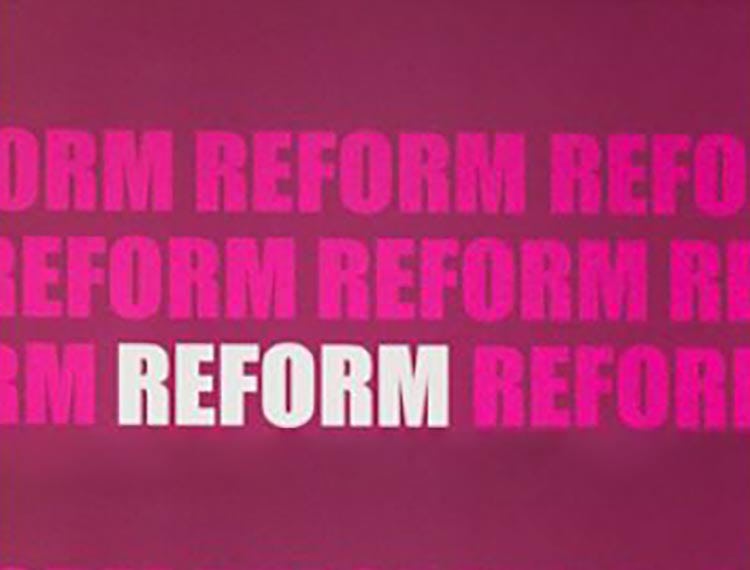Progress on improving access to university for the poorest is woefully inadequate

Degree classification
On Thursday 16 January, the Higher Education Statistics Agency (HESA) published student statistics for 2018/19 which covers a wide range of topics.
One of the main findings from the data was that the share of first-class degrees awarded at English Higher Education Institutes remains at a record high – 28.4% of all classified first degrees and 76.4% for first-class and upper second-class degrees combined.
Education Secretary Gavin Williamson said:
It is vital that students, graduates and the public are confident in the value of a university degree, but the increasing proportion of students being awarded the top grades is undermining our world-class reputation.
The levels of firsts and upper second honour degrees remain at an all-time high. Universities are expected to use their awarding powers responsibly and must not inflate grades for their own reputation or league table ranking.
I know the sector are looking at this and while I recognise that change will take time, I expect action to end artificial grade inflation for good.
International students
The HESA figures also showed an increase in the number of enrolments from EU and overseas students. In 2018/19, there were 2,383,970 students in UK Higher Education Institutions (HEIs) – which was up 2% from 2017/18.
Meanwhile, the number of first year students from EU countries (excluding the UK) rose by 2% while the number from non-EU countries rose by 10%.
This element of the statistics references an increase of Chinese and Indian students.
Yesterday’s statistics from @ukhesa have shown record numbers of international students want to come and study at our world class universities- I’m determined to ensure the UK continues to be one of the best places in the world to study pic.twitter.com/1GIyDds0Gm
— Chris Skidmore (@CSkidmoreUK) January 17, 2020
Universities Minister Chris Skidmore said:
International students make an important cultural and economic contribution to our country – and these figures shows our world-leading universities continue to attract the brightest and best.
I am delighted to see a continued increase in both EU and non-EU students, and we want to grow the number of international students to 600,00 by 2030.
Our universities thrive on being open, global institutions, which is why we’re allowing international students to remain in the UK for two-years post-graduation.
HESA of Higher Education Student Statistics for 2018-19 where published today (16 Jan) – which show a halt in the increasing proportion of students being awarded first class degrees following significant year-on-year increases since 2011.
The new figures also show that no progress has been made in improving access to universities for students from low participation neighbourhoods since 2014/15.
NUS Scotland has welcomed figures showing record numbers of students from Scotland’s most deprived areas entering university in Scotland, and called for continued momentum.
New figures published by the Higher Education Statistics Agency (HESA) show:
- in 2018-19, 15.9% of Scottish domiciled full-time first-time degree entrants to Scottish universities were from the 20% most deprived areas in Scotland (MD20), up from 15.6% in 2017-18.
- the number of Scottish-domiciled students who have secured places to study at universities in Scotland has increased by 2.6% from 2017/18 to 2018/19, to a record 253,475 students.
- The number of non-UK EU-domiciled enrolments has fallen by 0.64%
 Nicola Dandridge, chief executive of the Office for Students, said:
Nicola Dandridge, chief executive of the Office for Students, said:
“This data shows us that the rapid increase in the rates of students being awarded first class degrees has stalled. This arrests a long-term trend, with significant, year-on-year increases having been seen since 2011. Previous analysis from the OfS found evidence of unexplained increases in the rates of first class degrees at 94 per cent per cent of universities.
“We will analyse this data further and report in the spring. We will use statistical modelling to determine the proportion of first class degrees which can’t be explained by things like entry grades or the make-up of the student body.
“Grade inflation risks undermining public confidence in higher education for students, graduates and employers alike. We will continue to seek action to address these issues, both across the higher education sector as a whole and, should it be necessary, at individual universities. This will help ensure that everyone can be confident in the value of degrees which students work so hard to achieve.”
Previous analysis from the OfS found that in 2018, across the sector as a whole, 13.9 percentage points of the increase in first and upper second class degrees awarded are unexplained by changes in the graduate population. The OfS will repeat this analysis for the data published today, and report its findings in the spring.
Reform Education Researcher, Imogen Farhan, said:
“These dire statistics should be a serious cause of concern for the Government, which has made clear it wants to ‘level up’ across the country.
“Just 12 per cent of students came from came from low participation neighbourhoods in 2018/19 – the same proportion as in 2014/15.
“Throwing more money at the problem simply isn’t working – universities have spent millions trying to improve access in recent years. Urgent reform is required which mandates universities to publish how they spend their widening participation budgets and commitment to admissions which consider a student’s background.”
Oxford announced that a record 69% of the offers it made this week were to British students from state schools or colleges for courses starting in October 2020.
Universities Minister Chris Skidmore said:
“It’s great to see almost two thirds of offers from the University of Oxford have gone to state school pupils. I’m pleased progress is being made to make sure our world-leading universities are open to all – but we must keep going to spread opportunity.”
Commenting on today’s HESA publication, NUS Scotland President Liam McCabe said:
“We welcome today’s figures showing an increased proportion of students from Scotland’s most deprived areas being accepted to study at university, as well as an increase in the overall number of students enrolled at Scottish institutions delivering higher education.
“While this is significant progress, we cannot let ourselves become complacent as we near an important milestone next year; if we want to meet the 2021 target and deliver a permanent culture change at our universities we need to make sure every institution is properly resourced and pulling their weight.
Commenting on the fall in EU enrolment numbers:
“EU students are valued members of our university and college communities and make a profound contribution to their campuses and to Scotland. We welcome steps being taken by the Scottish Government to retain Scotland’s reputation as an attractive place to study and will continue to call on the UK Government to do the same. That must start by securing long-term access to vital funding streams and mobility programmes like ERASMUS+, which open doors for, and are relied upon, by students and staff alike.”










Responses